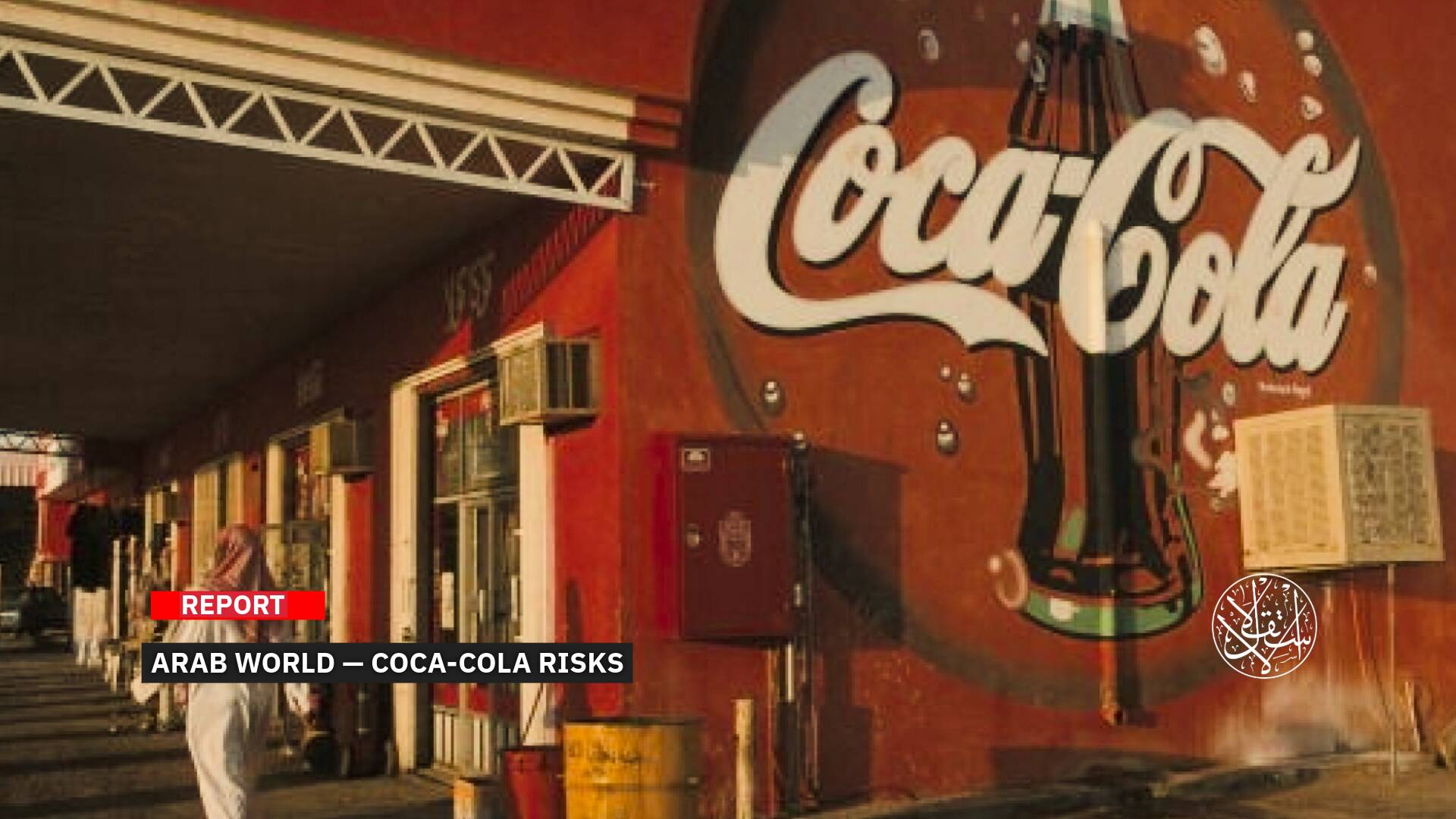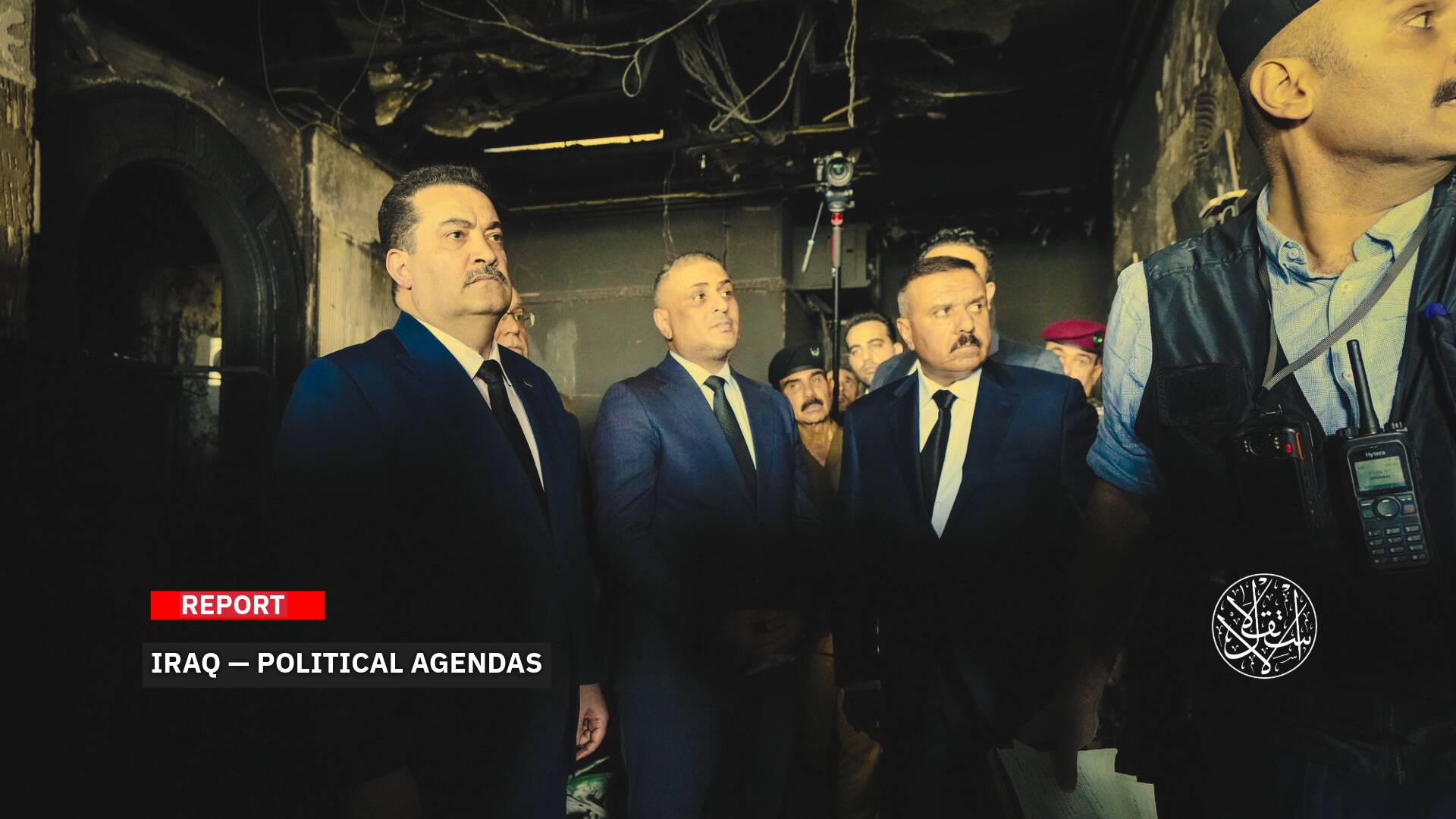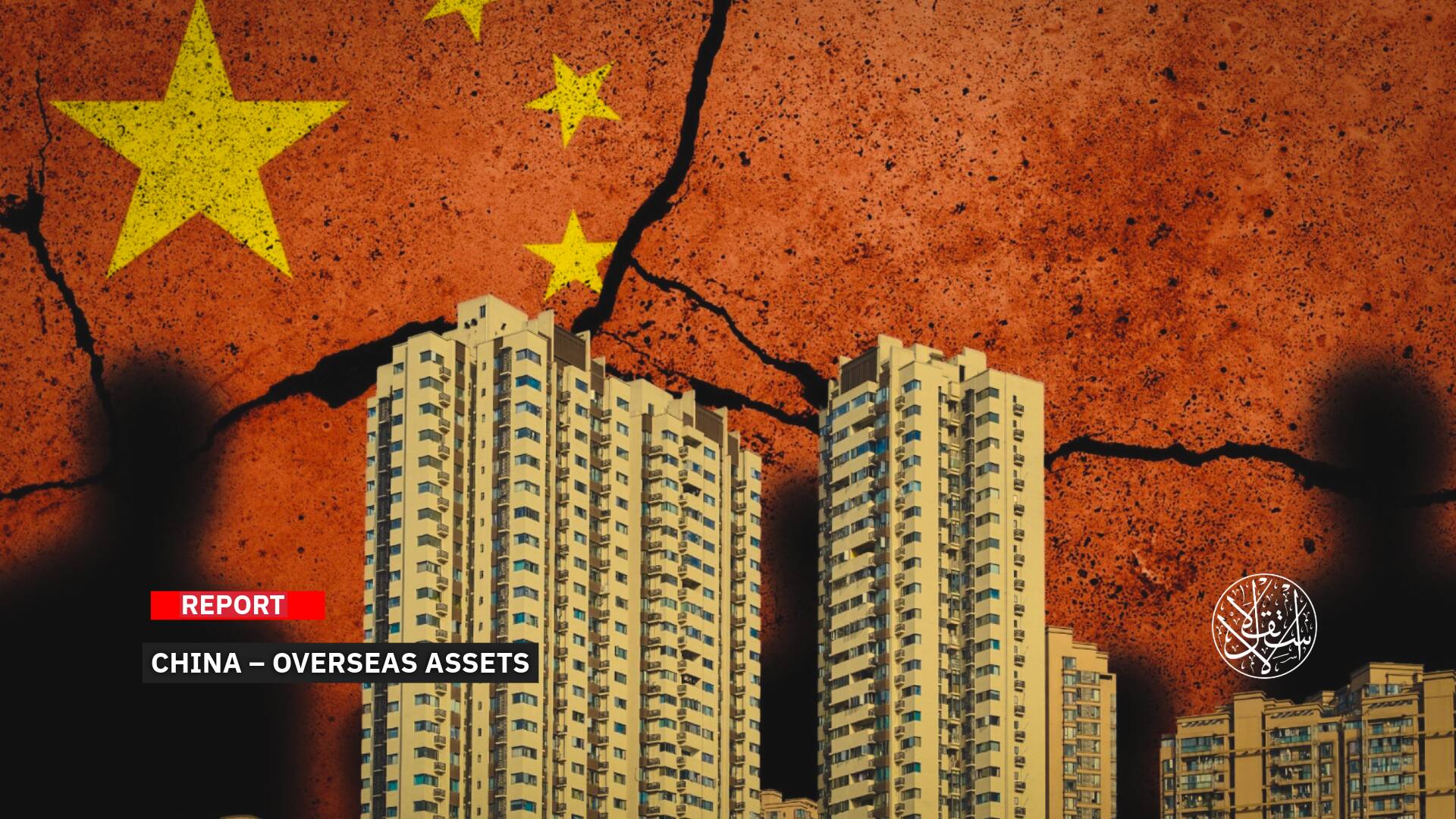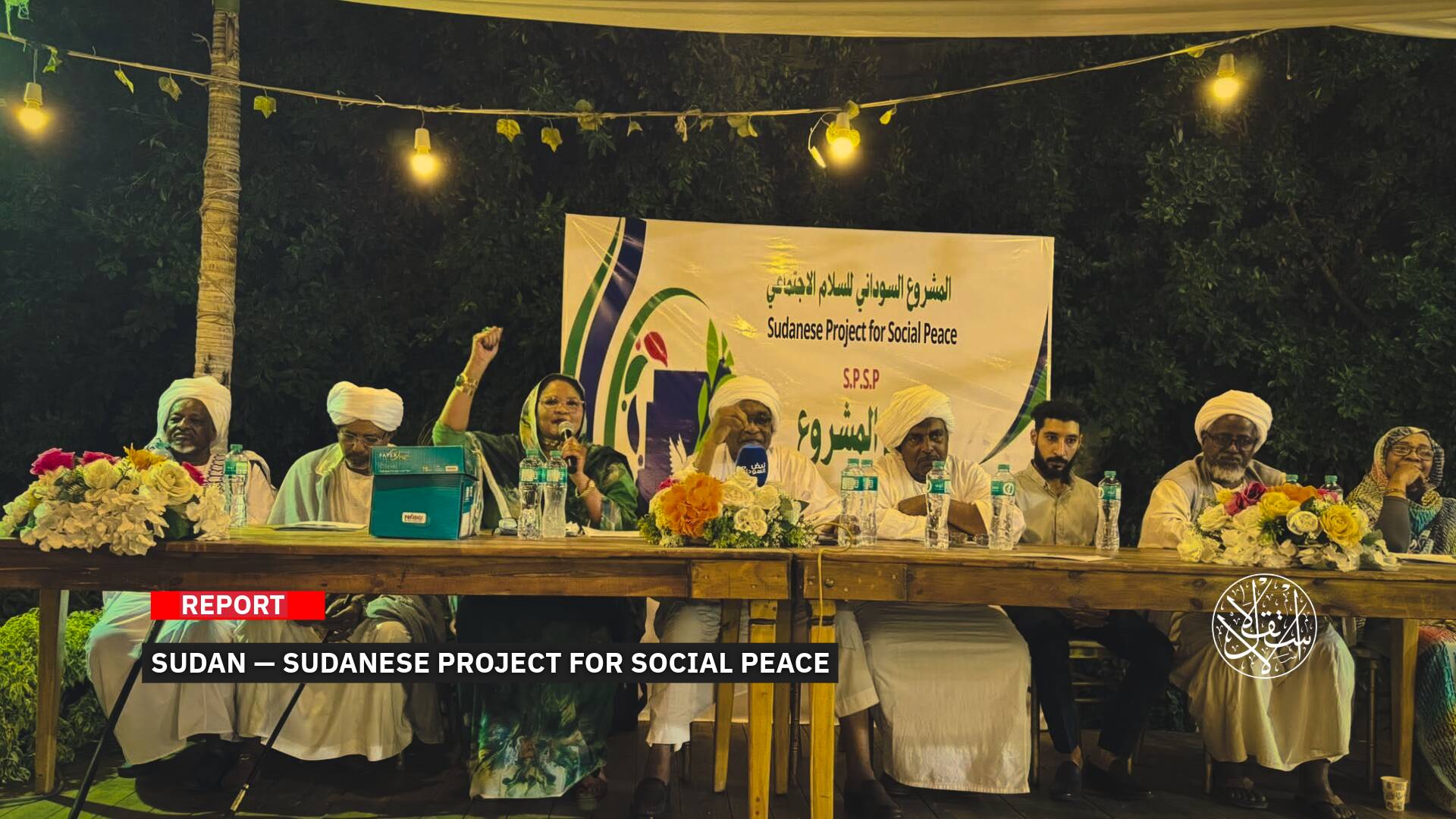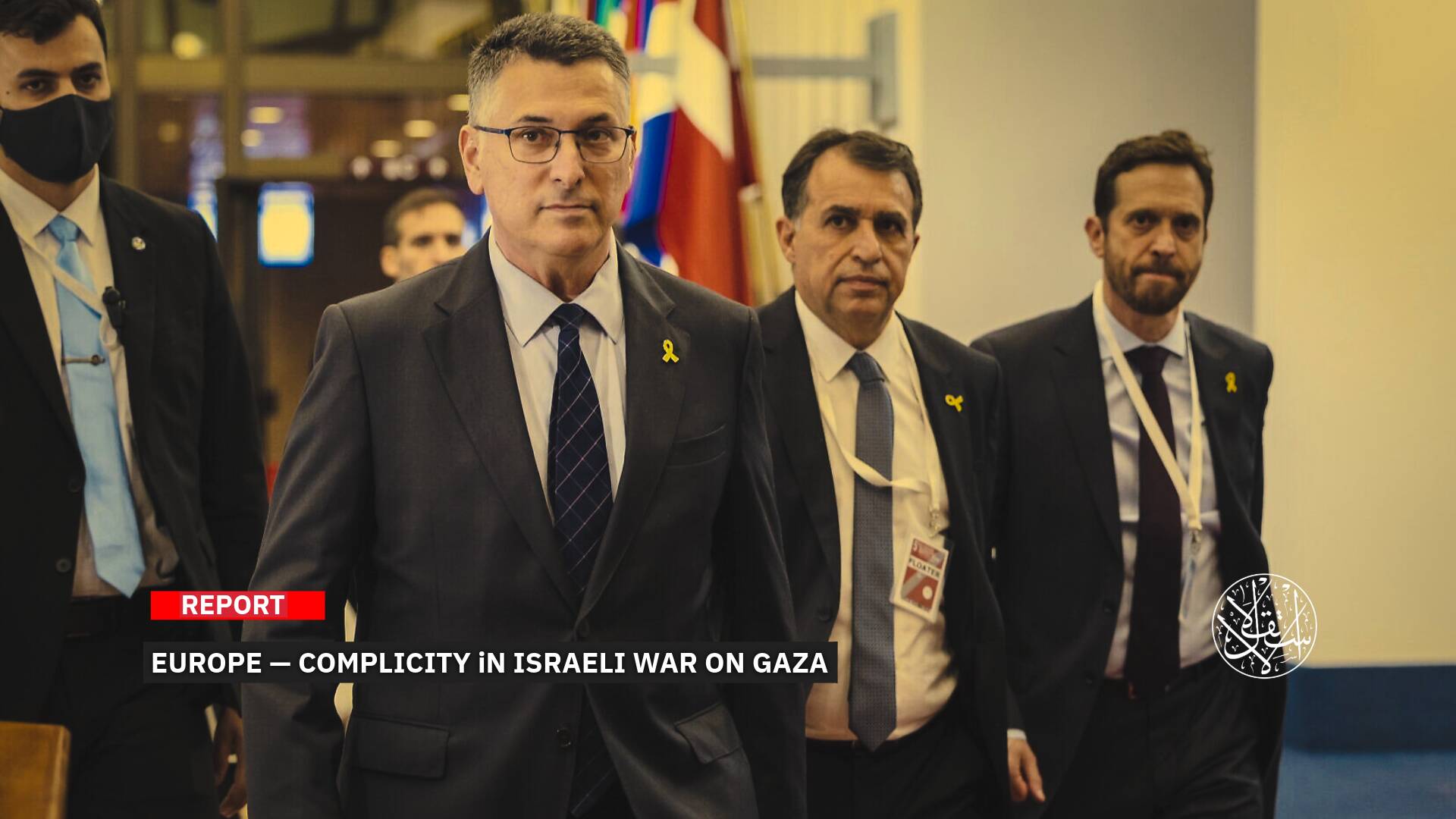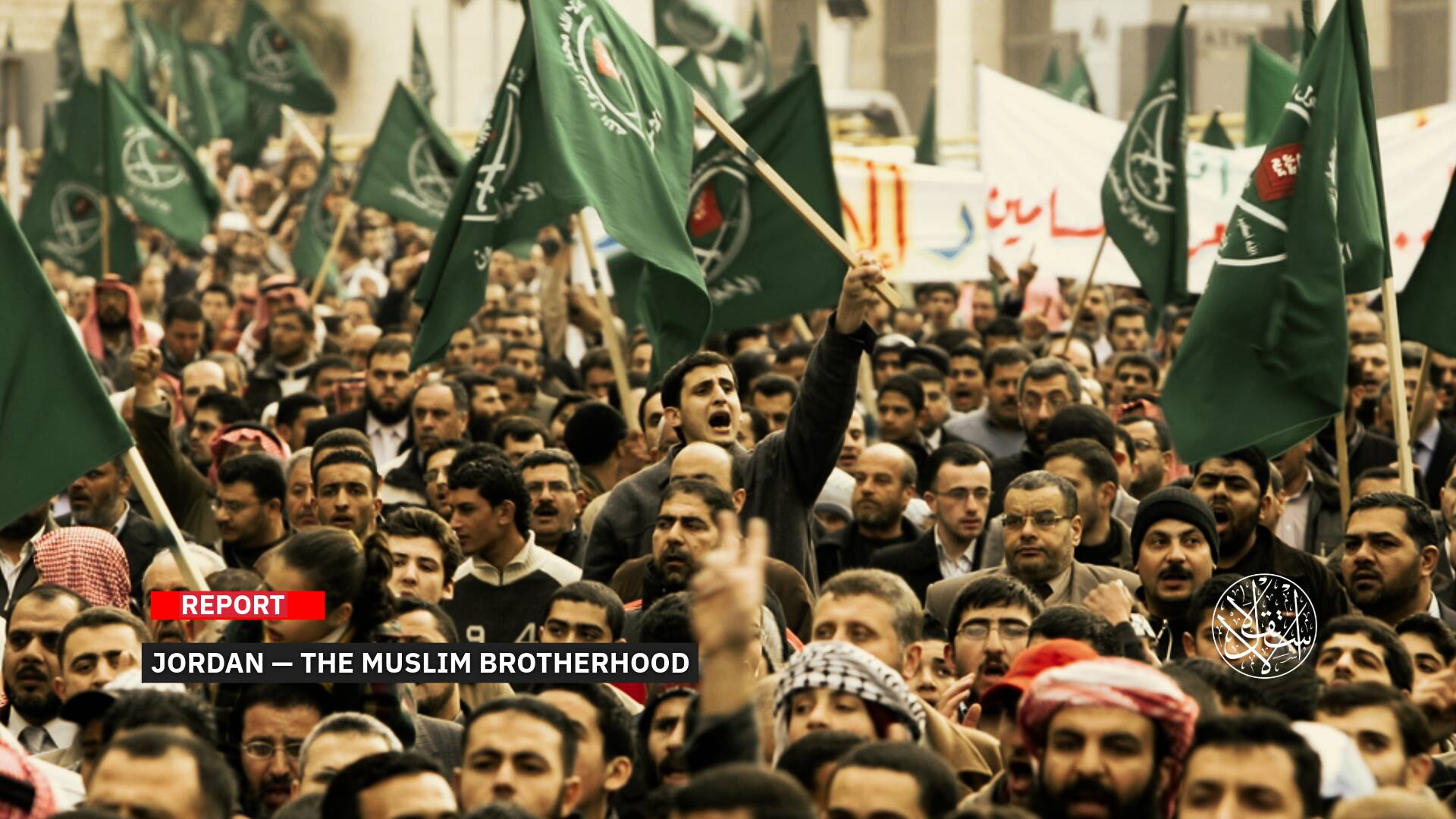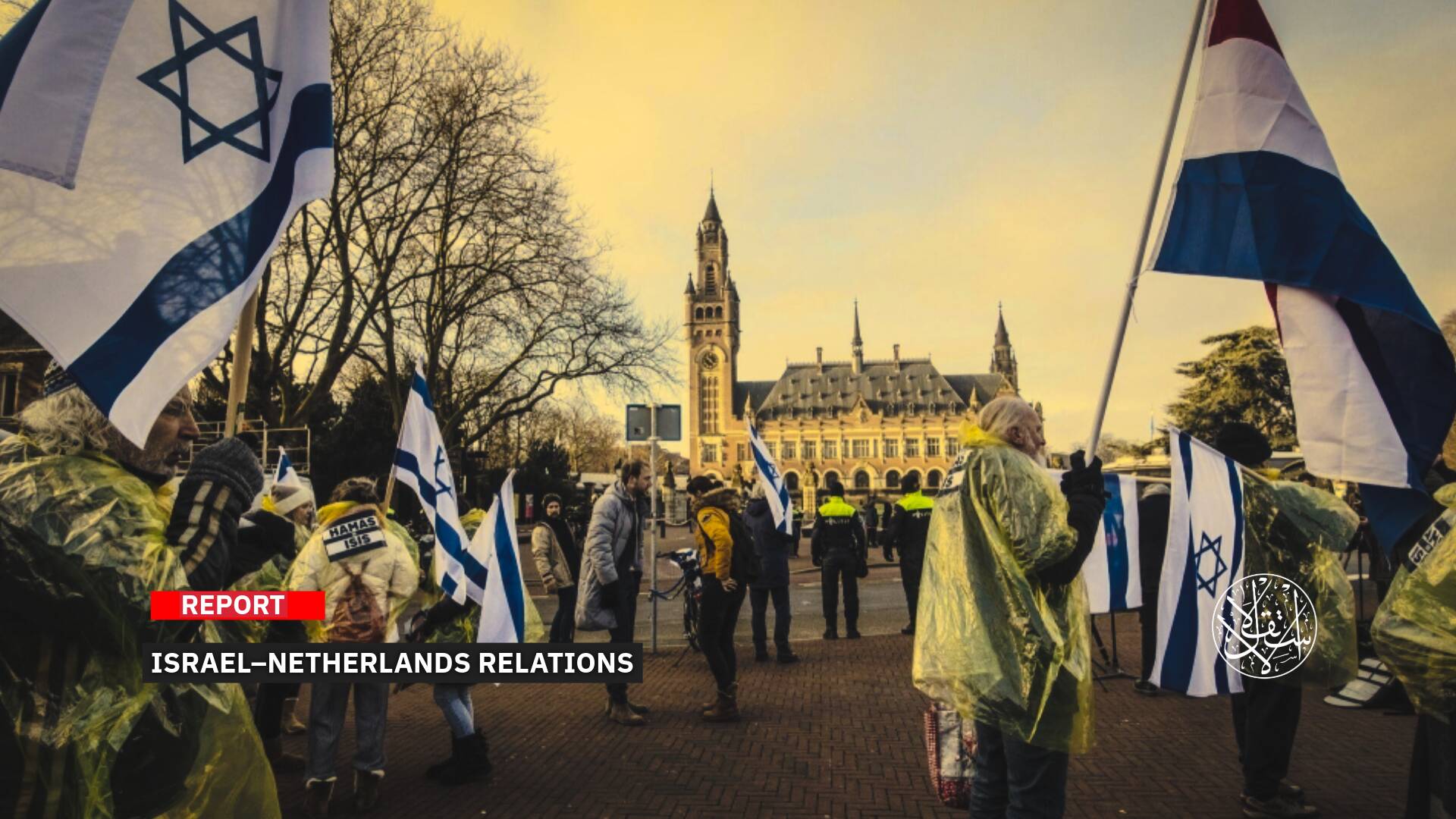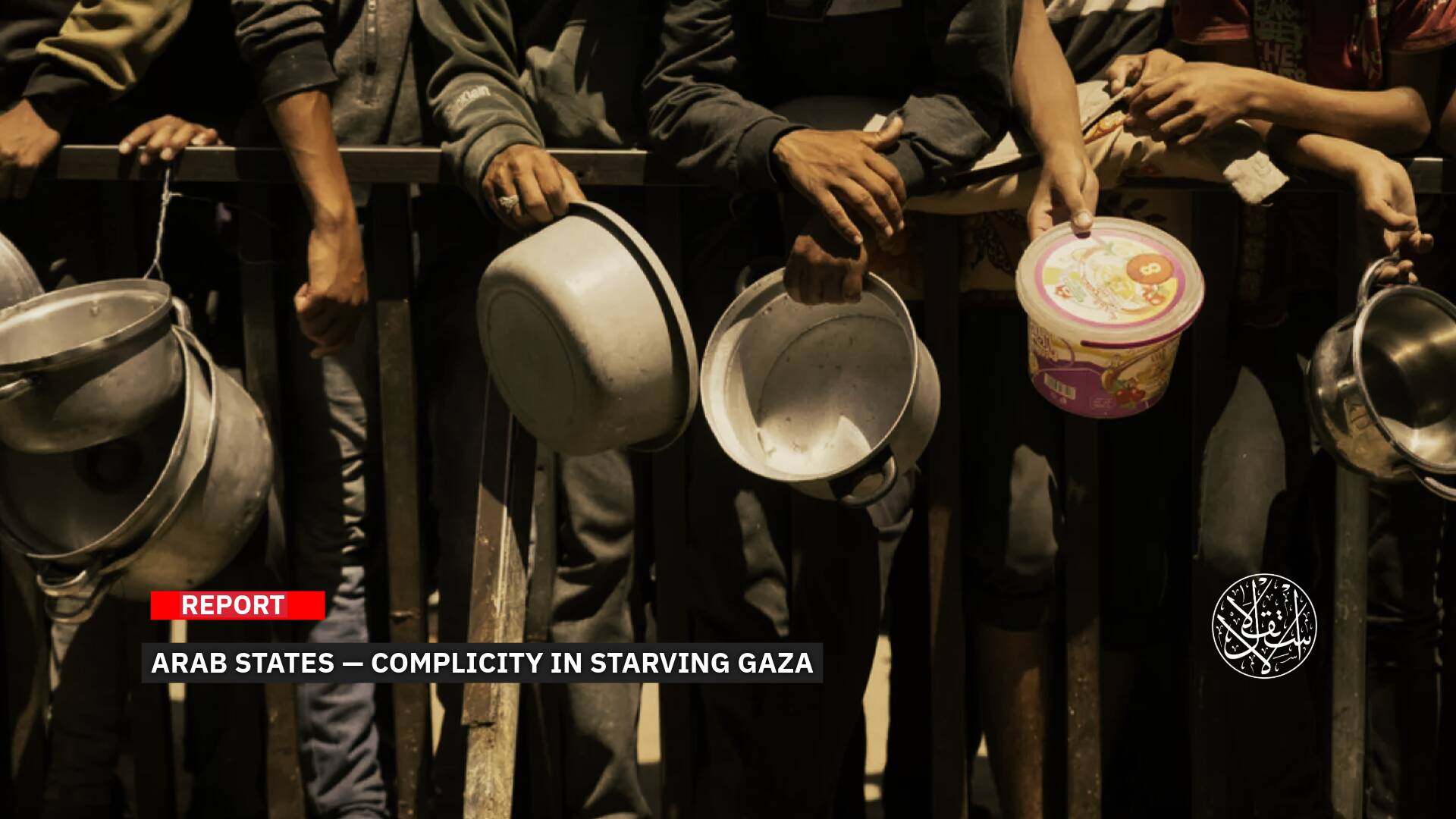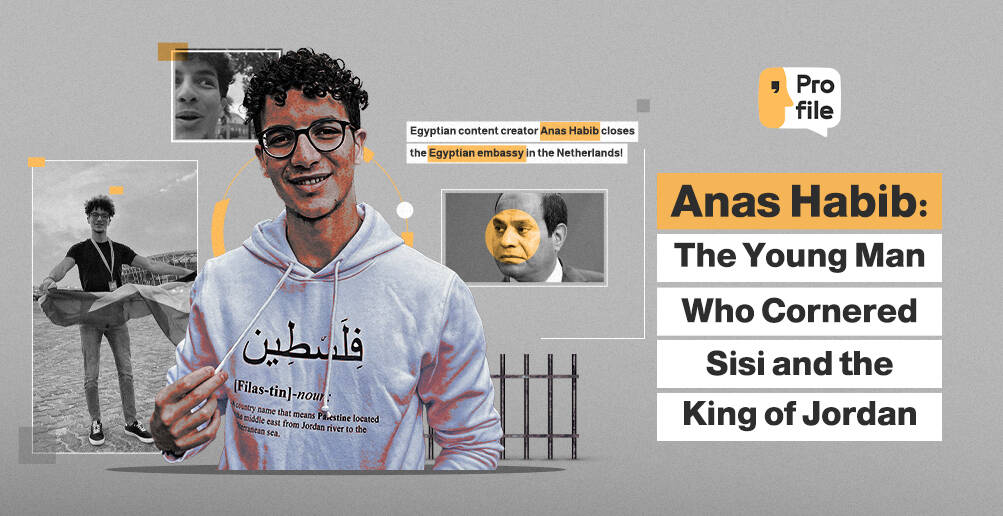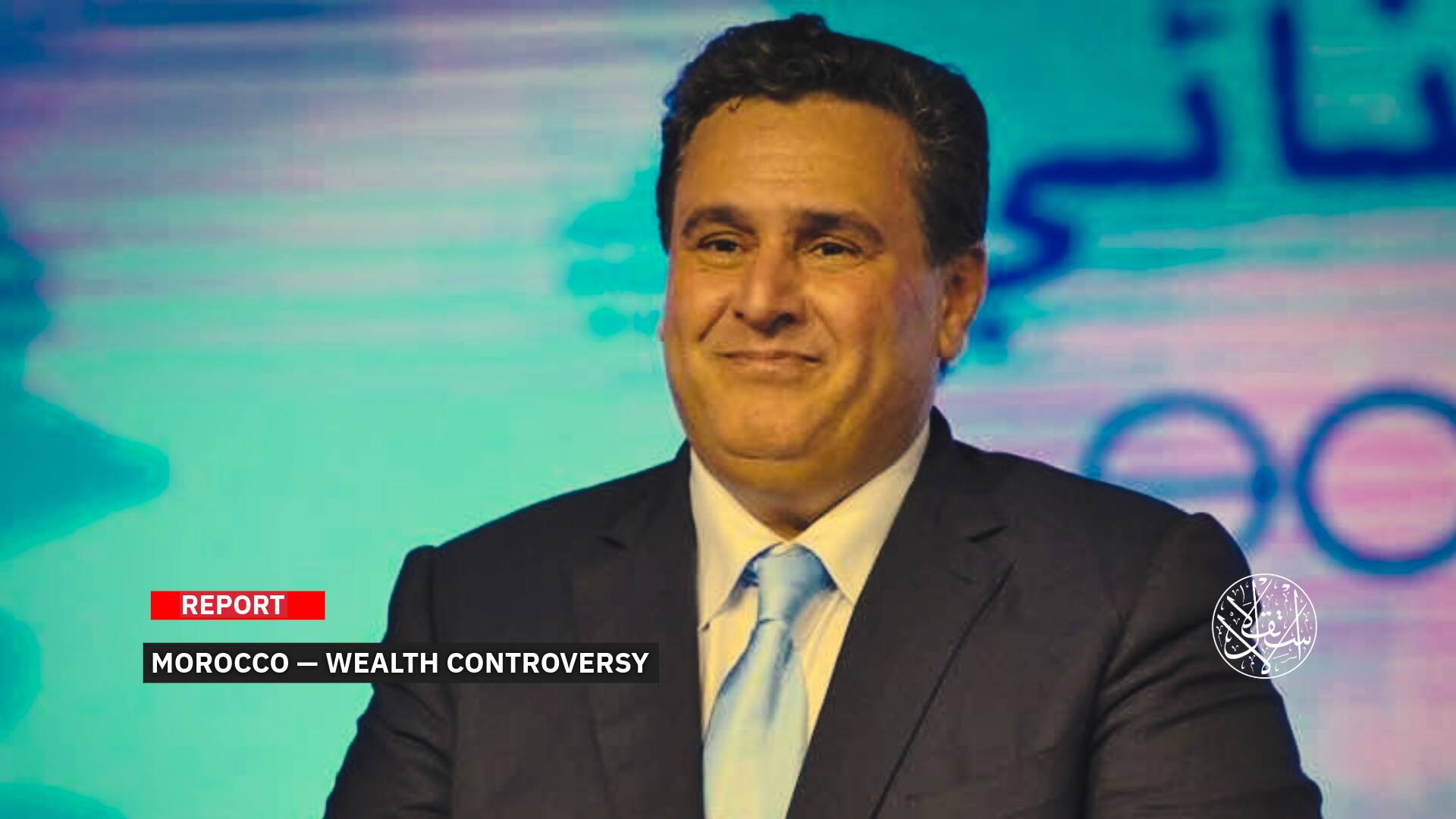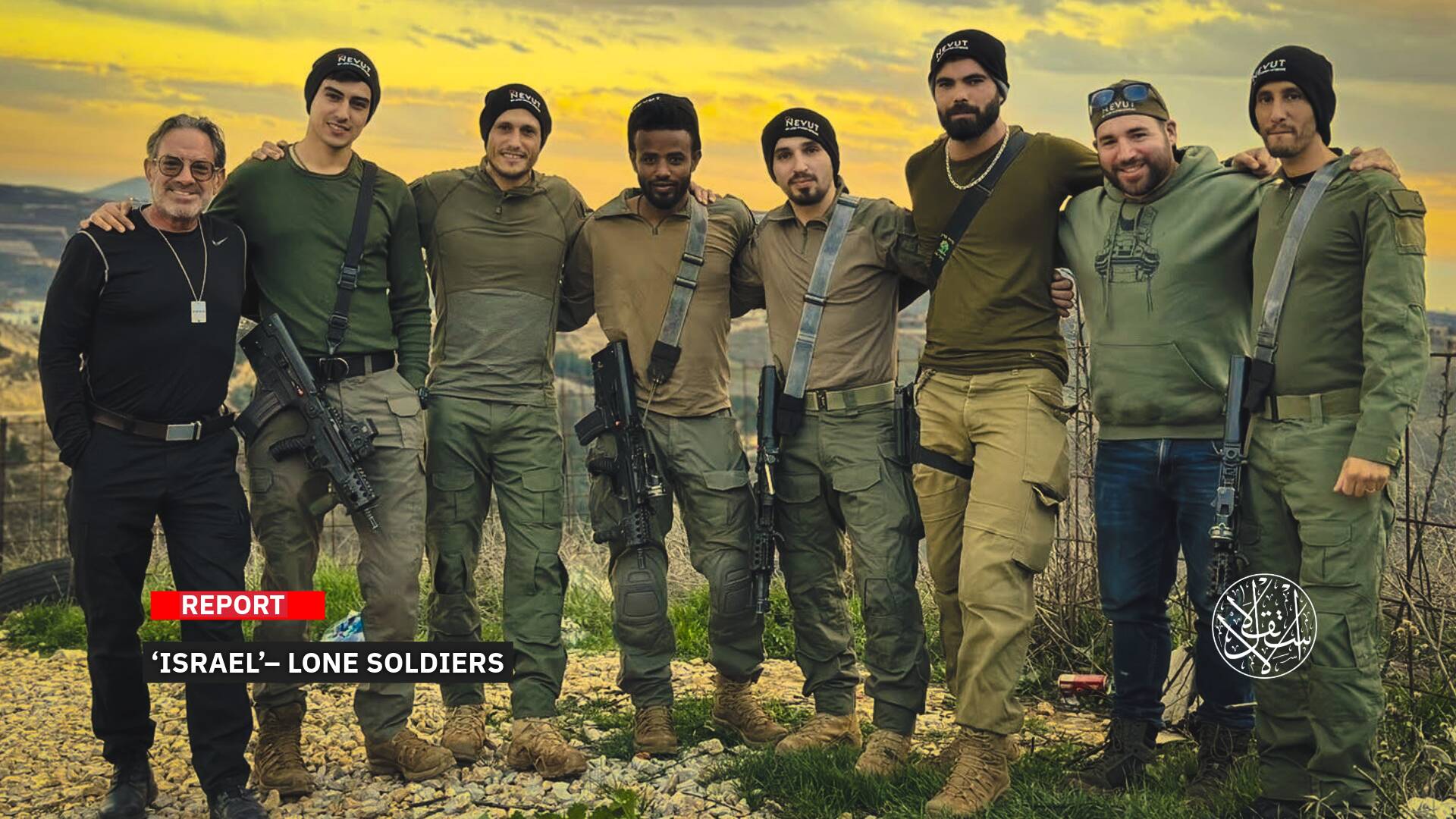Tough Sanctions: Will Trump Manage to Dismantle Iran's Armed Proxies in Iraq?

The U.S. has urged the Iraqi government to dismantle the militias on its own, or else “it will be done by force.”
As President Donald Trump embarks on his second term, there is growing speculation about how he will handle Iraq, especially regarding the influence of Iran-backed militias within the country’s institutions. Republican allies in Congress have indicated that he will not allow this situation to persist.
Republican Trump assumed his second term as president on January 20, 2025, succeeding Democrat Joe Biden, whom observers describe as having been “lenient” toward Iran and its regional allies throughout his presidency since 2021.

Pledged to Reform
Since January 13, following a meeting with President Trump at his Florida residence, Republican Senator Joe Wilson launched a campaign against Iran-backed Iraqi militias, particularly the Badr Organization led by Hadi al-Amiri, accusing them of involvement in the attack on the U.S. Embassy in Baghdad.
In a series of posts on X on January 13, Wilson said Iraq’s government continues to fund the Iranian regime’s puppet militias, including the Badr Organization, which attacked “our embassy and killed Americans.” He added they must put America first.
Wilson also shared an image of Hadi al-Amiri on X, writing, “The Badr Organization is a sectarian extremist terrorist organization like ISIS. It has killed Americans, participated in attacking the U.S. Embassy in Baghdad in 2019, and was armed & trained by terrorist Qassem Soleimani. Sadly not yet designated an FTO.”
Iranian-backed militia groups in Iraq attacked the U.S. Embassy compound in Baghdad on December 31, 2019, breaching its front yard in retaliation for the deaths of their members in a U.S. airstrike two days earlier on the Iraqi border.
In response, under President Trump’s orders, the U.S. assassinated the former commander of Iran's Quds Force, Qasem Soleimani, near Baghdad International Airport on January 3, 2020, accusing him of planning attacks on American interests in Iraq.
He shared another image, saying, “This is the National Security Adviser of Iraq Qassem Araji with his buddy Qassem Soleimani. I am grateful to announce that I will soon re-introduce the Badr Organization Designation Act to designate murderous Badr as a terrorist organization.”
The last tweet from the Republican senator on January 19 promised to introduce a law in Congress, in cooperation with 59 Republican members, “to designate 11 Iran-backed militias in Iraq and Yemen as terrorist organizations.”
Among the militias mentioned by Senator Wilson were Badr Brigade, Abu Fadl al-Abbas, al-Nujaba Movement, Kata'ib Sayyid al-Shuhada, Liwa Fatemiyoun, Kata'ib Imam Ali, Kata'ib Jund al-Imam, Saraya al-Jihad, Saraya al-Khorasani, Liwa Zainebiyoun, and the Houthis.
‘Nail Trimming’
Regarding Trump’s potential measures against militias entrenched in Iraqi institutions, Iraqi affairs researcher Iyad Thabet said “The new U.S. president is indeed capable of containing these militias and forcing Iraqi authorities to exclude them from key positions in the country.”
“Even before arriving at the White House, Trump was able to force Israeli Prime Minister Benjamin Netanyahu to accept a ceasefire announcement in Gaza, a step his predecessor Biden failed to achieve despite months of efforts,” he told Al-Estiklal.
“This sends a message that Trump has the power to impose his will on regional countries, including Iraq, using leverage such as depriving Iraq of dollars or imposing sanctions on its oil exports, as oil is its only major source of income.”
Thabet predicted that “Trump may pressure the Iraqi government to dissolve or dismantle Iran-backed Shiite militias, but I believe the next government, following the elections scheduled for October 2025, will have a new composition.”
Currently, the Iraqi government includes ministers affiliated with Iran-backed militias, such as Minister of Higher Education Naeem al-Aboudi, a member of Asa'ib Ahl al-Haq; Minister of Labor Ahmad al-Asadi, leader of Jund al-Imam militia; Minister of Transport Razzaq Muheibis; and National Security Advisor, both of whom are leaders in the Badr militia.
“Trump would make it a condition for any new Iraqi government to distance itself from Iran in exchange for cooperation. Therefore, Shiite forces will be forced to exclude militia leaders from holding any future positions to avoid harsh U.S. sanctions.”
Thabet stressed that “Trump will not accept Iraq remaining in the gray zone, balancing between allegiance to Iran on one hand and maintaining relations with the United States on the other, especially since the Iranian axis has been in steady decline since Operation al-Aqsa Flood on October 7, 2023.”
While Thabet ruled out the possibility of the United States implementing a complete overhaul of Iraq’s political system, which it helped establish after the 2003 invasion, he confirmed that reforms would take place, aimed at eliminating Iran-affiliated groups to prevent any benefits from reaching Tehran.
“The project to clip Iran’s influence in Iraq will continue, whether through removing its allies from power or eliminating them, particularly prominent militia leaders. This was already carried out by the Trump administration when it killed Qasem Soleimani and Abu Mahdi al-Muhandis, the deputy head of the Popular Mobilization Forces, in 2020,” according to Thabet.

'A Milked Cash Cow'
In the same context, Iraqi politician and U.S. resident, Intifadh Qanbar, stated that Senator Joe Wilson is part of the Trump-supporting wing of the Republican Party, and he is considered a member of President-elect Trump's team, even though he's in Congress.
Qanbar revealed in a January 15 interview that on the day Wilson tweeted about Hadi al-Amiri, he met Trump at his Florida estate, indicating he briefed the former president on Iraq’s developments.
“During Trump’s first term, the administration sought to sanction al-Amiri, the Badr Organization, Asa'ib Ahl al-Haq, and Kata'ib Hezbollah in 2018. However, an [unnamed] party within the U.S. National Security Council reportedly blocked the move, and it was later shelved under the Biden administration,” he added.
“This won't persist now, but the Biden administration showed leniency toward the Iraqi government, enabling it to smuggle Iranian oil and channel dollars to Iran via the Iraqi Central Bank platform, all as a concession to Iran.”
Qanbar predicted that “Trump will not indulge Tehran, and the Iraqi government must seek drastic changes, such as stopping the smuggling of Iranian oil, dissolving or reducing the Popular Mobilization Forces to 50,000 members, and implementing measures to prevent Iran from exploiting Iraq's land and economy.”
The Iraqi politician quoted an unnamed senior official in Washington, who told him, “During Farhad Alaaldin's visit to Washington, a senior advisor to Prime Minister Mohammad Shia' al-Sudani, he was told outright: What you're saying, you only believe yourself. You must stop spreading these lies, face the reality, and fix it.”
“Trump would hold Iran accountable for preventing it from using Iraq to attack the world, but there is no seriousness from Iraqi officials and the government in implementing change; instead, they are seeking to maneuver because Biden did not care for the truth and accepted lies in deference to Iran,” Qanbar said.
“Trump has no reason to appease Iran, and he won’t. As a result, the U.S. will target Iraq’s oil ministry and other high-ranking Iraqi officials with sanctions.”
Qanbar pointed out that “Tehran is exploiting Iraq financially. The militias within the Popular Mobilization Forces are attacking Israel, killing Americans, and destabilizing other countries. This must stop, along with the oil smuggling. Trump won't let Iraq be Iran’s ATM.”
“Iran sees the Popular Mobilization Forces as an extension of the Revolutionary Guards. Khamenei’s comments during Sudani’s visit, rejecting the dissolution of the PMF, have only made things more complicated for him,” the Iraqi politician concluded.
On January 8, Iranian Supreme Leader Ali Khamenei told Iraqi Prime Minister Sudani, “The presence of U.S. troops in Iraq is illegal and against the interests of the Iraqi people and government.”
“As Mr. Sudani rightly said, the Popular Mobilization Forces are a key strength for Iraq, and they should be preserved and even strengthened,” Khamenei posted on X.
The United States has urged the Iraqi government to dismantle the militias on its own, or else “it will be done by force,” according to Ibrahim al-Sumaidaie, a political advisor to Prime Minister al-Sudani, in a television interview on December 16, 2024.
Parliament Speaker Mahmoud al-Mashhadani confirmed this, stating, “Trump stressed to the Iraqi prime minister the importance of centralizing weapons under state control,” and added, “The government is addressing this.”
Sources
- Iran’s Influence Wanes: Will Change Follow in Iraq After Syria and Lebanon?
- Al-Mashhadani: Trump Urged Sudani to Centralize Weapons Under State Control, and the Government Is Acting on It [Arabic]
- Khamenei to Sudani: Preserve the PMF and Confront the U.S., While Sudani Asserts: We Act in Iraq’s Best Interest [Arabic]
- US Representative Joe Wilson Attacks Badr Organization Again: Trump Will Fix It [Arabic]
- Why did the role of Iraqi militias decline amid the region's developments? [Arabic]


